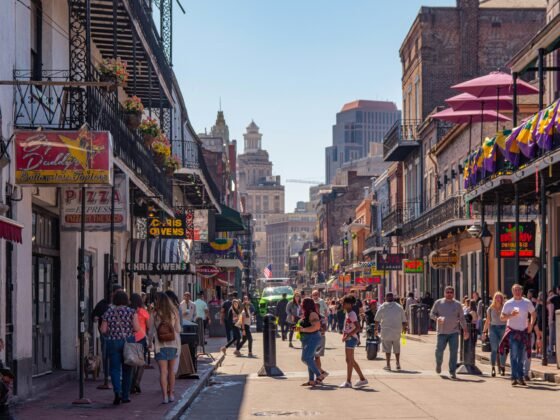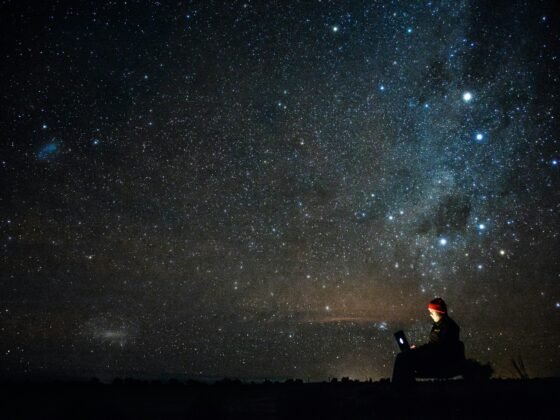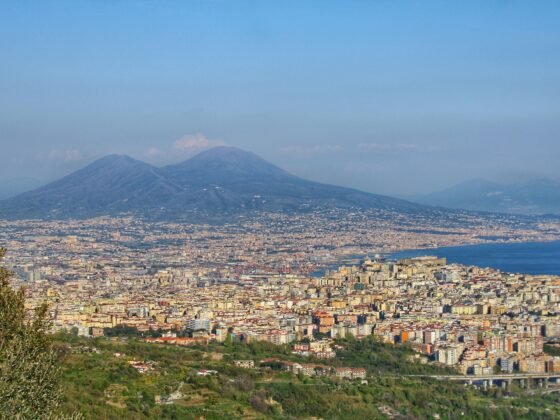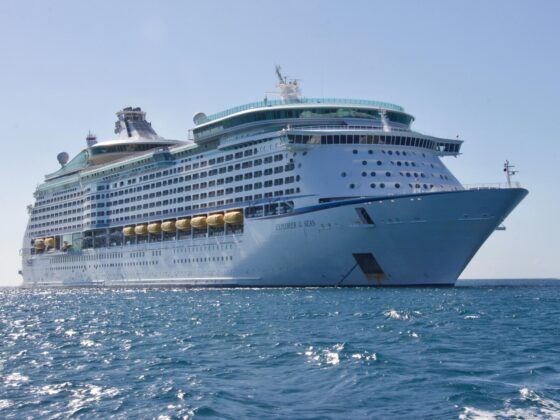Finally the official London 2012 Olympic Games are upon us after seven years of meticulous planning. The whole world will be watching the opening ceremony tonight (me included) with baited breath to see the culmination of 7 years hard work. With so much Olympic themed media around at the moment, I thought I’d join in the fever and list the most interesting Olympic facts that have blown me away over the last few weeks.
- London will be the first ever city to host the Olympics three times; 2012, 1948 just after WW2 when the country was still in rationing and for the first time in 1908.
- The oldest (and possibly most bizarre) medal winner was John Copley who won Silver in 1948 for an etching entitled Polo Player. Copley was 73 at the time and yes, drawing was included in the Olympics Art Contest which formed part of the events only up until 1948. Other events that you won’t see at this year’s games include British favourites; pigeon racing, lawnmower racing and competitive eating!
- The London Games will be the first to be broadcast in 3D as well as HD. The first locally televised games were at the Berlin Olympic Games in 1936 and with technology taking huge strides we can only ponder at what the 2016 Games may hold; smell-a-vision anyone? Pictured above is the Olympic Stadium in Stratford, the third largest stadium in England with an 80,000 capacity and will host key events as well as the opening and closing ceremonies.
- The BBC has announced 24 live streams of the Olympics for the duration via mainstream channels, red button and cable services – this represents 2,500 hours of broadcast! That’s 1,000 hours more than Beijing 2008 – cancel work and your social life, you’ll be hooked.
- Olympic celebrations have certainly changed over the years; ancient Greece spent 2 days at the end of their games with a fantastic feast, consuming 100 oxen. Beijing 2008 spent millions on a spectacular firework display and featured 2,008 drummers to open their games. London 2012 has spent 27 million GBP on just the opening ceremony and hired legendary film producer Danny Boyle to create a visual feast. The Oscar winning English director and producer will create an epic “Isles of Wonder” show with many famous actors, renowned singers and lavish themes. Around 10,000 participants will create a scintillating display created by Boyle who brought us such movies as Trainspotting and Slumdog Millionaire. 60,000 spectators will witness the opening ceremony, including Michelle Obama and various royal family members and celebrities from across the world. The three hour show will feature the lighting of the Cauldron, with David Beckham rumoured to kick the flame into the cauldron, a continuation of the 2008 Olympic theme.
- Women’s sports events feature even more prominently in 2012 with the introduction of Women’s boxing under three categories; lightweight, featherweight, and middleweight. Women’s football has also kicked off and has received strong coverage on the BBC.
- A total of 10,902 athletes from 204 countries will participate. Around 82,000 competing athletes, games officials, global dignitaries, world media and key sponsors will be in capital for the duration.
- 300 gold medals on offer during the games and will this year, be the heaviest and largest ever.
- Team GB last won the very first football tournament at the Olympics in 1908, although the team was technically made up of England players only. 104 years on, will the Team GB football team be able to emulate that success?
- This year’s games have cost British taxpayers an astounding total of billion pounds (13.97 billion USD). Pressure is on to make a profit, as in the 2 previous London Olympics. The 1908 games made 6,500 GBP profit and the 1948 games made 30,000 GBP profit.
- Listen up ladies! The ancient Greeks used to perform the games naked! In 720 BC this was introduced as a mark of respect to the gods and the word ‘gymnasium’ actually comes from the Greek word for naked; ‘gymnos’.
- During the ancient games in Greece, the country called a truce and all hostilities were abandoned for the duration, to ensure the safety of the competitors and spectators. Make sport, not war.












